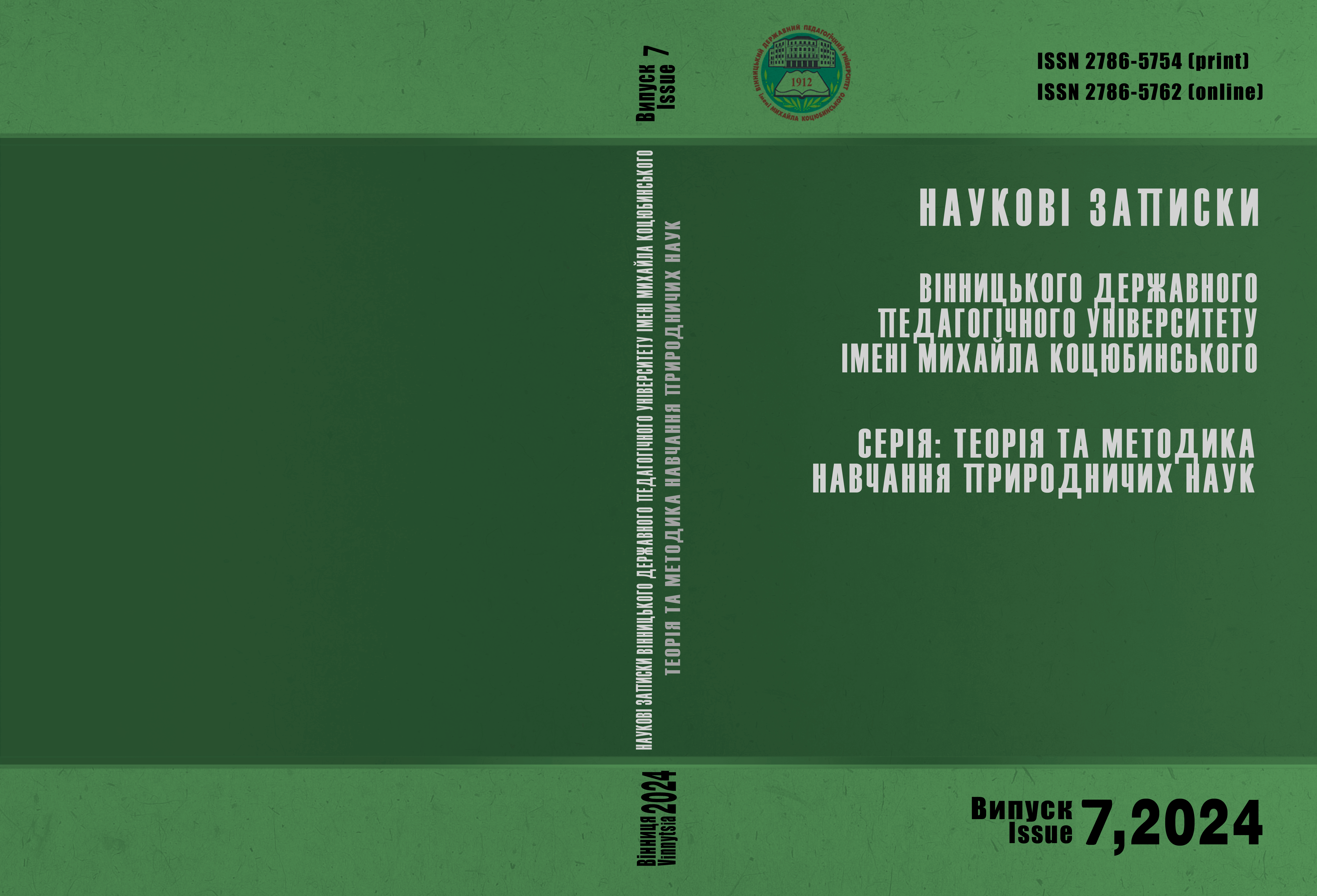Abstract
The article examines the issue of forming methods of extracurricular activities of subjects of training in vocational education institutions based on the self-organizational approach. Acquiring a profession in these institutions is carried out according to the lesson system, which is limited by the curriculum, class schedule, etc. The purpose of the article is to substantiate the importance of the formation of the method of organizing extracurricular educational work in the institution of vocational (vocational and technical) education for the formation of professionally mobile qualities for mastering additional education along with the traditional acquisition of qualifications. In addition to the content of the educational process, vocational (vocational and technical) and professional pre-higher education institutions have accumulated experience in extracurricular educational work. However, studies of the last decade indicate the desire of some students to build their activities more effectively, in particular to acquire an additional education. The problem of creating a method of organizing such training, when the acquisition of an additional education is ensured during extracurricular educational activities, is considered. The definition is given – «extracurricular educational activity for the acquisition of an additional education» is a system of self-organized classes, activities and accordingly organized training of students, which are conducted in schools and outside them under the leadership of the administration, engineering and pedagogical workers, the public, student self-government bodies, etc. It was determined that one of the effective ways of organizing the process in vocational education institutions is the extracurricular educational activity of those seeking additional education. The conditions and features of training are outlined, determined on the basis of the conducted survey of the participants of the educational process in accordance with the existing motivation for training.
References
Біденко Н.І. Історія розвитку професійно-технічної освіти в Україні з 90-х років ХХ століття до 2010 року. Наукові записки (КДПУ ім. В. Винниченка). Серія: Історичні науки. 2010. Вип. 13. С. 35– 43. URL: http://nbuv.gov.ua/UJRN/Nz_i_2010_13_6
Гуревич Р.С., Кадемія М.Ю., Шевченко Л.С. Навчально-виховний процес у професійно- технічних закладах / за ред. проф. Р.С. Гуревича. Вінниця: ТОВ «Планер», 2010. 330 с.
Державний освітній стандарт (4113..І.62.00-63.10-2022). Професія: Оператор з обробки інформації та програмного забезпечення. Код: 4113. Затверджено наказом Міністерства освіти і науки від 26 липня 2022 р. No666.
Закон України «Про професійну (професійно-технічну) освіту». Відомості Верховної Ради України (ВВР), 1998, No 32, ст. 215.
Садовий М.І., Трифонова О.М., Вергун І.В. Комп’ютерне моделювання як засіб реалізації білінгвального підходу позакласній роботі з фізики. Моделювання в освітньому процесі: матер. Всеукр. наук.-практ. Інтернет-конф., 25-28 лютого 2019 р., м. Луцьк. Луцьк: Вежа-Друк, 2019. С. 20–23.
Сущенко Т.І. Педагогічний процес у позашкільних закладах: автореф. дис...д-ра пед. наук: 13.00.01/ Акад. пед. наук України, Ін-т педагогіки. Київ, 1993.56 с.
Шевчук С.С. Методика організації позааудиторної навчальної діяльності у ЗП(ПТ)О: ел. навч. курс. Біла Церква: БІНПО, 2024. 44 с.

This work is licensed under a Creative Commons Attribution 4.0 International License.
Copyright (c) 2024 Микола Садовий, Олена Трифонова
